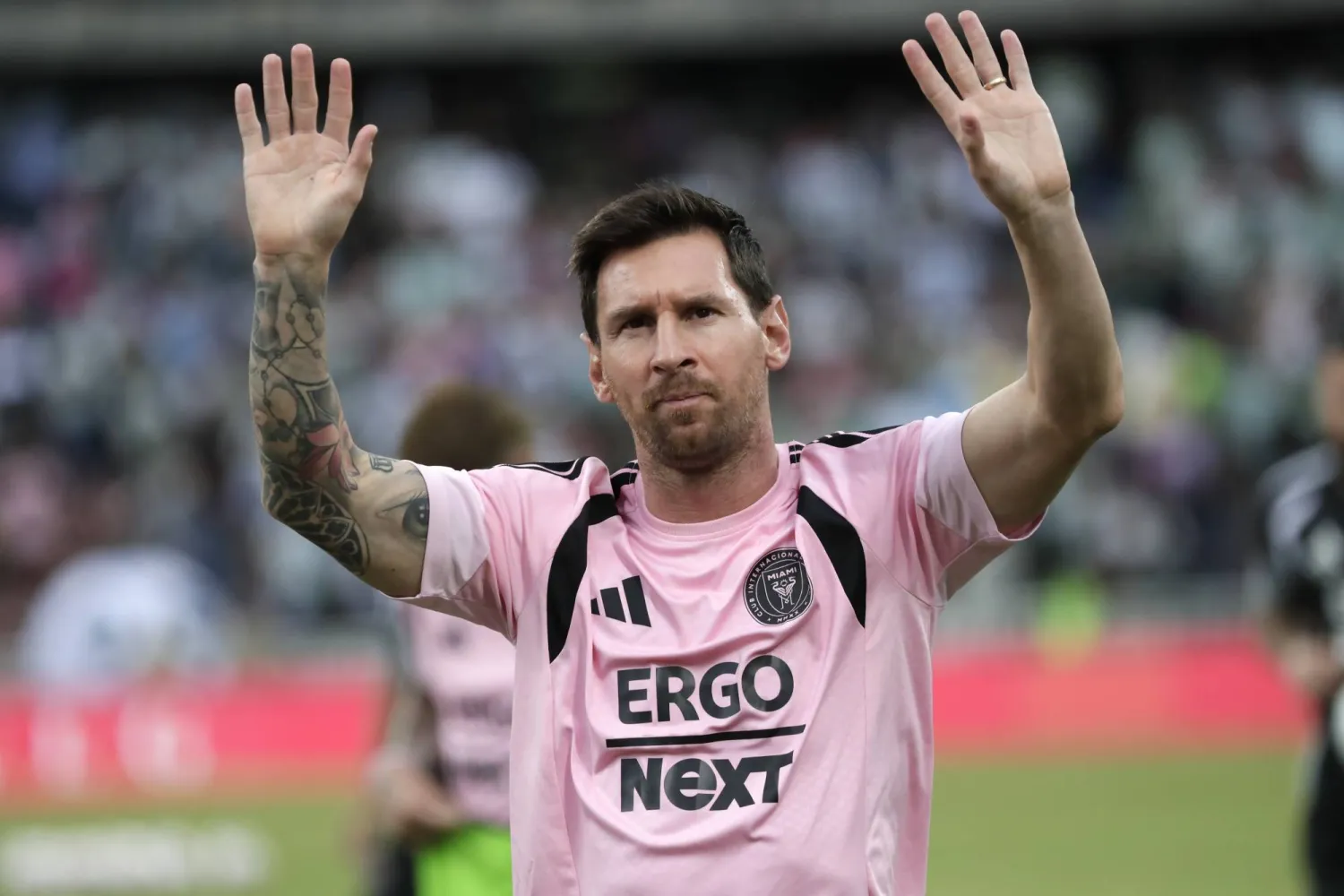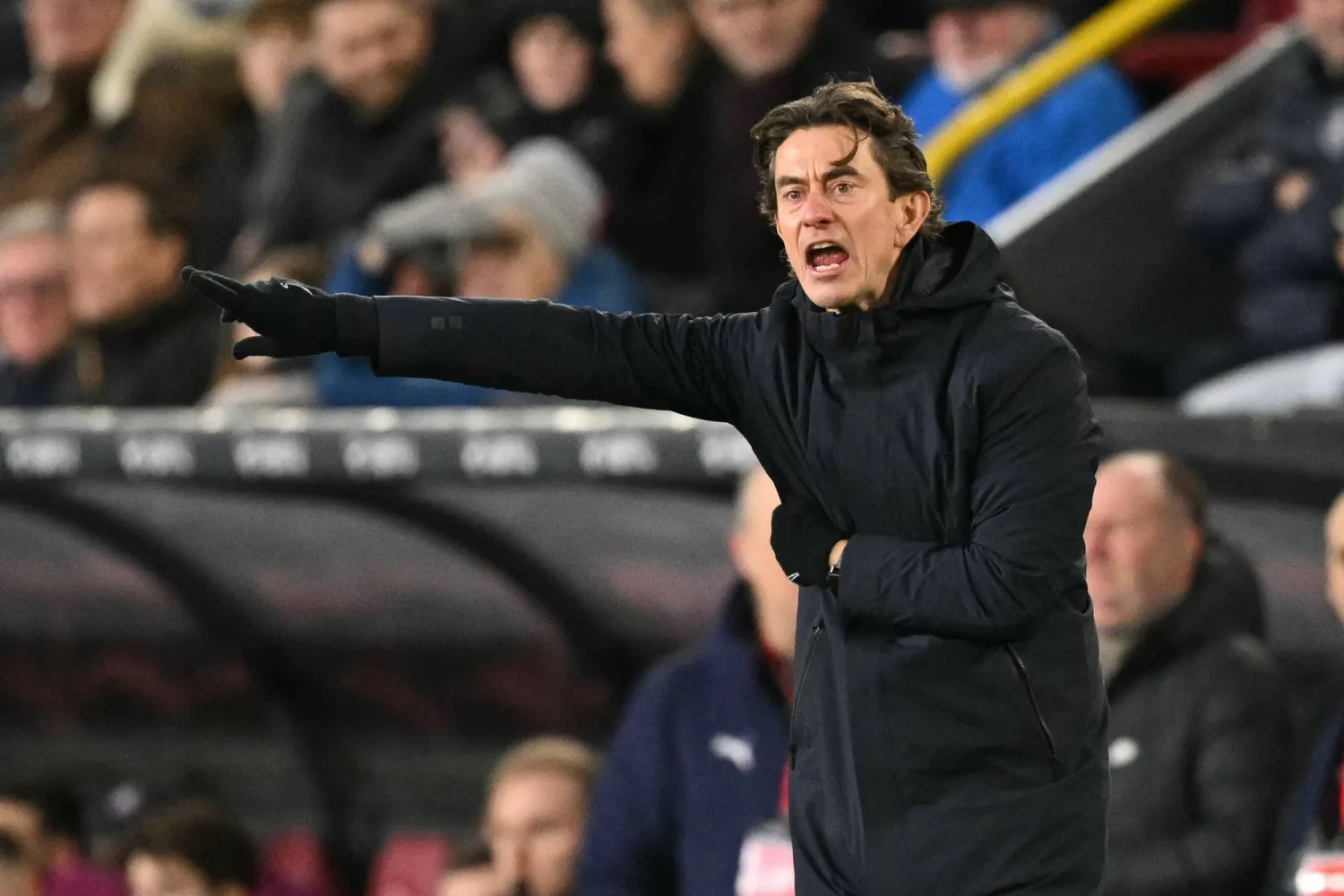Football loves nothing more than a redemption myth. While there are many who will tell you to never go back, there is more rejoicing in the kingdom of football over one player who returns home than over nine and ninety who never leave.
The narrative appeal of Gareth Bale at Tottenham is clear. He was the protagonist of their first side to compete in the Champions League, the explosive forward who scored a hat-trick at San Siro and obliterated Maicon at White Hart Lane, Tottenham’s first global superstar since Paul Gascoigne left for Lazio.
Seven years later he returns from a curiously modern wilderness, one with all the money he could conceivably need but can’t get a game, to try to save the dwindling Spurs project.
It’s the classic one-last-job setup and should rightfully end in Gdansk next May, with Bale inspiring Spurs to victory in the Europa League final, ideally over Real Madrid as Zinedine Zidane glowers from his technical area at some kind of golfing celebration after a brilliant overhead-kick winner. Even the seven years away seems to have a biblical resonance.
An enormous amount has happened since Bale gathered all together and took his journey into a far country in 2013. Back then, Harry Kane was a 19-year-old of far from unambiguous promise who had just been loaned out to Norwich and then Leicester. The pair played together twice for a total, including injury time, of 15 minutes. The Spurs manager, André Villas-Boas, was still, just about, a rising force and hadn’t yet driven in the Paris-Dakar Rally before his own second coming at Marseille. Manchester United were still the team to beat, England had still never lost to Iceland and nobody believed José Mourinho was over the hill.
The world-record fee Madrid paid funded an extraordinary splurge on seven players. Of those signings, only Érik Lamela is still at the club, and only Christian Eriksen was an outstanding success; the collective impact of Roberto Soldado, Paulinho, Nacer Chadli, Étienne Capoue and Vlad Chiriches was minimal.
Bale missed the five-month gilet-clad hilarity of Tim Sherwood, the ascent under Mauricio Pochettino and the stagnation as construction of the new stadium wiped out the transfer budget.
Bale in that time won four Champions Leagues, scoring in two finals, including an astonishing overhead kick, and yet somehow still leaves Madrid not as one of their all-time heroes but as somebody essentially unmourned. There has been little controversy about his departure. Rather it has felt inevitable for at least a year and probably more.
All of which makes it very hard to assess what sort of impact Bale may have, whether there is anything to his return beyond sentiment. This year he has played 344 minutes of league football. He hasn’t scored a league goal since March 2019. What’s perhaps most worrying is that he hasn’t seemed especially bothered: his two most newsworthy contributions of the past year have been posing with a flag that listed his priorities as “Wales. Golf. Madrid. In that order” and then pushing his mask over his eyes and pretending to sleep after Zidane opted not to bring him off the bench against Alavés. Perhaps rage would have achieved nothing and that’s a sign of somebody with a healthy perspective, but equally it could be evidence of a player having lost the basic desire to play.
There have been no suggestions, though, that Bale has been training anything other than professionally. Usually when players are frozen out there are dark whispers about how disruptive they have become, but there has been none of that.
Bale is 31 but he is clean-living and naturally athletic and there certainly is no sense that he has been ground down by being overplayed. There’s no reason why the same explosive pace shouldn’t remain, why he shouldn’t have at least three or four decent seasons left in him.
If Mourinho continues, despite his complaints about “lazy pressure”, to operate with the low block that has been characteristic throughout his career, Bale should be ideally tactically suited. If there was a problem in his early days in Madrid, it was that he often didn’t have space to accelerate into because of the way teams sat deep against Madrid.
Mourinho’s entire method is about dropping back and trying to provoke space behind the opponent; there’s no reason while Bale shouldn’t again be hurtling at the opposition box having already been sprinting for 30 yards or more, just as he did in his first spell at the club.
Kane’s all-round game should suit him as well. Bale can stay wide and cross for a forward who is good in the air and at getting across the near post or, if Kane drops off, Bale and Son Heung-min should relish running beyond the Englishman into the space his movement creates. Bale, in that sense, is a slightly old-fashioned style of forward, one who should suit Mourinho’s way of playing.
As Bale draws the attention, the player who signs with him shouldn’t be overlooked. Given Ben Davies’s struggles against James Rodríguez, Sergio Reguilón is a much-needed addition, who should reduce the burden on Matt Doherty to provide all the attacking thrust from full-back.
Mourinho, of course, spent the end of the week complaining – about the fixture list and about having too many players; after all, it would never do if the excuses hadn’t been flagged up in advance – but Tottenham look far better positioned now to qualify for next season’s Champions League than they did a week ago.
That’s not just to do with tactics and personnel but also the sense of positivity Bale’s return brings. Control of narrative, shifting the sense of momentum around a team, is a key attribute of management. Mourinho used to be a master; this is as good an opportunity as he’s likely to get to restore a sense of optimism. Slaughter the fatted calf: Bale has returned and, with him, some of the sense of glamour and importance Tottenham have recently been missing.
(The Guardian)









